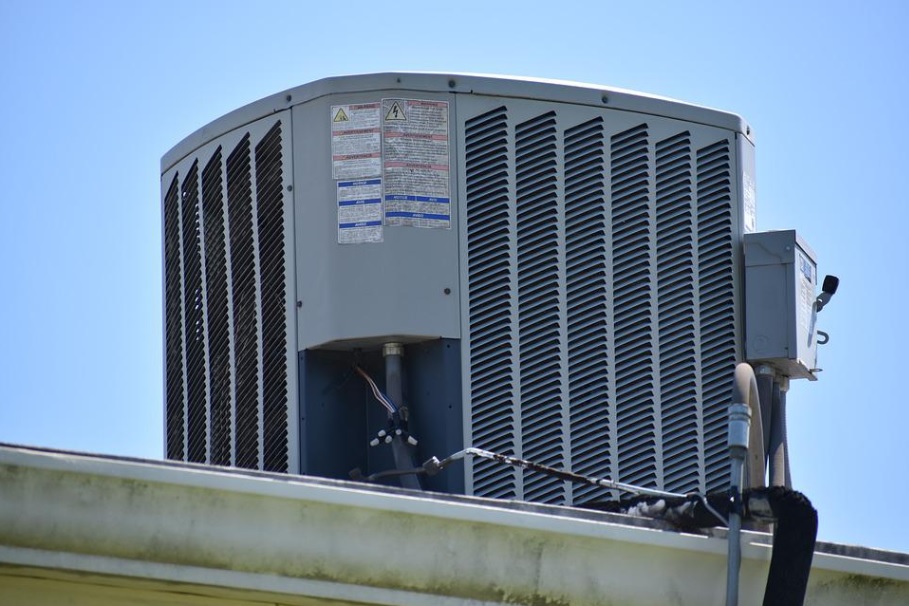5 Types of Air Conditioning Filters and How to Pick the Right One for Your Home

Filters are an essential part of your air conditioning system. They keep your AC running smoothly and help improve the air quality in your home. With so many different filters available, it can be difficult to know which one is right for you. Here are the different types of air conditioning filters that you can use for your unit.
Activated Carbon Filters
Activated carbon filters are made of activated charcoal, treated with oxygen to create a network of pores. This increases the charcoal’s surface area, making it more effective at trapping contaminants. Activated carbon filters effectively remove a wide range of contaminants from the air, including dust, pollen, and pet dander.
Additionally, they can help to remove smoke, odors, and VOCs (volatile organic compounds). When choosing an activated carbon filter for your home, it is vital to select one that is the right size for your AC unit. You will also need to choose a filter with the right level of airflow resistance.
Choosing a filter with too high of an airflow resistance can decrease efficiency and increase energy costs. On the other hand, a filter with too low of an airflow resistance can allow contaminants to bypass the filter entirely. As a result, it is important to consult with an HVAC professional when selecting an activated carbon filter for your home.
HEPA Filters
The type of air conditioner filter you use in your home can significantly impact the quality of the air you breathe. While many different types of filters are available, HEPA filters are often considered the best option for those concerned about the air quality in their homes.
These filters are designed to remove 99.97% of all particles that are 0.3 microns or larger from the air that passes through them. This includes pollen, dust mites, pet dander, and smoke particles. HEPA filters are available in various sizes and can be used in stand-alone units and central air systems.
When choosing a HEPA filter for your home, consider the unit’s size and the specific needs of your family. Those with allergies or asthma may benefit from a filter with a higher rating, while those who are simply concerned about the air quality may be satisfied with a less expensive model.
Pleated Filters
Pleated filters are made of a sturdy, synthetic material that can trap a wide range of airborne contaminants, including dust, pollen, and pet dander. They also have a larger surface area than other types of filters, which means they can last longer before needing to be replaced.
When shopping for a pleated air filter, check the MERV rating. This number indicates the filter’s ability to remove particles from the air, with a higher number indicating better performance. For most homes, a filter with a MERV rating of 8 or 9 should provide adequate filtration.
Electrostatic Air Filters
These filters use static electricity to attract and capture airborne particles. Since they don’t rely on mechanical parts, electrostatic filters are relatively low maintenance and can be used for many years with proper care. When choosing an electrostatic filter for your home, it’s essential to consider the size of the unit and your family’s specific needs.
For example, if you have allergies or asthma, you’ll want to choose a filter with a high degree of particle capture. To ensure optimal performance, it’s also important to regularly clean and replace the filter according to the manufacturer’s instructions. With some care and attention, an electrostatic air filter can provide lasting protection for your home.
Fiberglass Filters
Fiberglass filters are made of a mesh of tiny glass fibers that trap particles of dirt, dust, and other debris. Fiberglass filters are typically inexpensive and easy to find, making them a popular choice for many homeowners. However, these filters must be replaced frequently, as they quickly become clogged with dirt and dust.
In addition, fiberglass filters do not remove all types of contaminants from the air. For example, they will not remove smoke or fumes from the air. As a result, they may not be the best choice for people with allergies or respiratory problems.
When it comes time to replace your air conditioning filter, it can be hard to know which type of filter to choose. Do you need a high-efficiency particulate air (HEPA) filter or a pleated filter? What about a carbon monoxide (CO) detector? It’s essential to consider your needs and research before making a decision. You should also consult with an HVAC professional before making your purchase. Armed with the correct information, you can select the perfect air conditioning filter for your home and ensure optimal performance from your cooling system.










